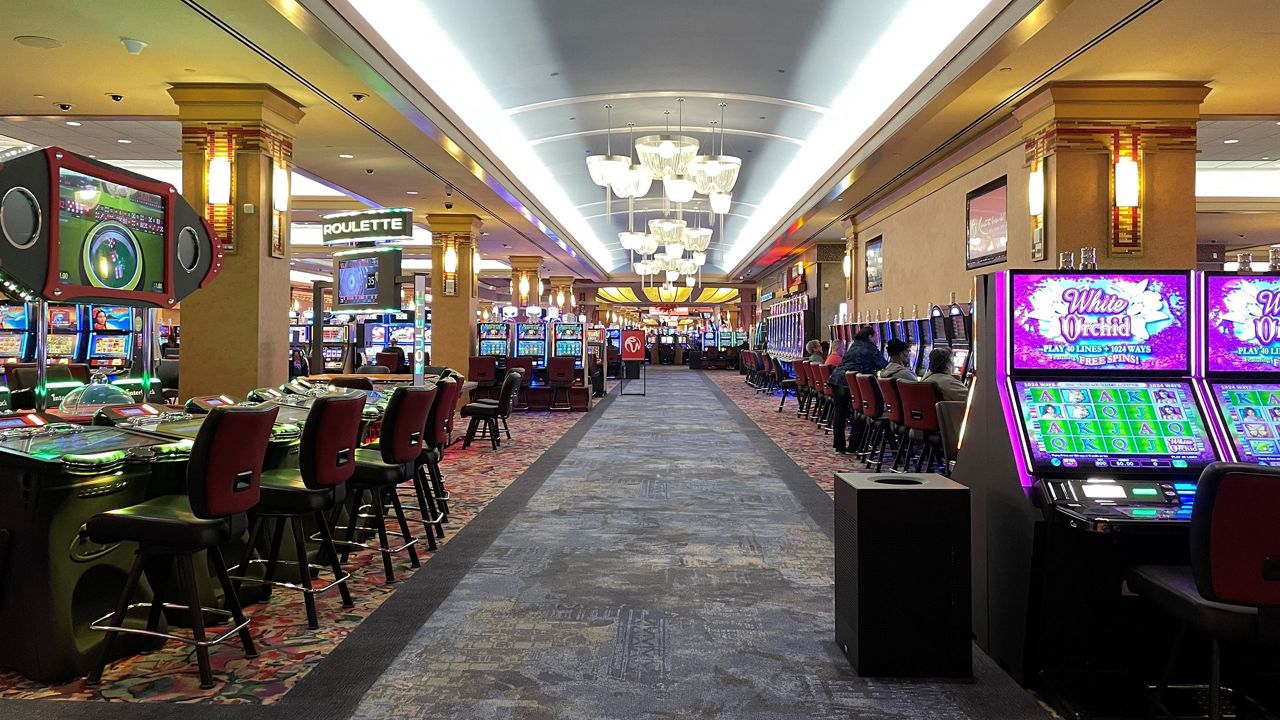Gambling in casinos has long been a topic of interest and debate, attracting millions of players globally. With a mix of luck, skill, and the excitement of risk, casino games offer an exciting escape from everyday life. However, as entertainment becomes ever more available, it invites a deeper examination of the ethical implications surrounding these games.
At the heart of the debate lies the issue of whether casinos promote responsible gaming or take advantage of at-risk individuals. The allure of potential winnings versus the reality of losses can create a challenging situation, and understanding this balance is essential for both players and operators. As we delve into the morals of casino gaming, we will explore the responsibilities of casinos, the effects on society, and the steps that can be taken to foster a healthier gaming environment.
The Impact of Casino Gaming on Society
Gambling in casinos has a considerable influence on societal dynamics, affecting not only the financial landscape but also interpersonal dynamics and local frameworks. The funds generated from casinos can lead to job creation and boost regional economies, as they provide multiple employment opportunities in multiple fields including hospitality, leisure activities, and retail. However, while the financial benefits can be significant, communities often struggle with the possible negative impacts that arise from increased gambling activity.
Moreover, the presence of casinos can lead to an rise in gambling addiction, presenting significant challenges for individuals and families. The excitement of casino games can quickly transform into a habitual habit, affecting connections with others and leading to monetary issues. Many players may find it difficult with the loss of control over their gambling behaviors, resulting in a need for assistance programs and help to address this increasing issue. The social cost of gambling addiction can ripple through families and neighborhoods, creating an urgent need for responsible gaming initiatives.
In addition to the economic and social ramifications, casino gaming often showcases cultural attitudes towards uncertainty and leisure. It can foster a sense of joy and leisure, attracting visitors and boosting local travel. However, this allure may also mask the broader implications of gambling as a method of entertainment, provoking ethical questions about its promotion and accessibility. As communities weigh the advantages and drawbacks of casino gaming, the need for responsible practices and regulation becomes increasingly critical in ensuring that the beneficial elements are enhanced while reducing the negative effects.
Ethical Concerns in Gambling Practices
The morality of casino gaming often revolve around the potential for dependency and its effects on people and households. Betting can lead to significant monetary distress, impacting not only the betters but also their families. As individuals become entrapped in the appeal of winning, many lose track of their financial limits, which can result in devastating results such as bankruptcy. This poses moral questions about the responsibility of casinos in promoting safe gambling practices and providing support for those who may be dealing with gambling addiction.
Another critical issue is the promotion of betting to vulnerable groups. Gambling establishments often aim at low-income people or communities with the offer of fast rewards, which can continue patterns of financial struggle and despair. In this context, the ethics of advertising strategies used by casinos come under examination, as they may exploit the need of individuals seeking an way out from economic troubles. This exploitation raises moral questions about the integrity of the betting industry and its responsibility to safeguard its most vulnerable customers.
Additionally, the impact of casino operations on society as a whole cannot be overlooked. While some argue that casinos create jobs and stimulate local economies, others point to the social costs associated with problem gambling, increased crime rates, and a burden on public services. Balancing economic benefits with the risk for social harm presents a complex ethical dilemma for policymakers and casino operators alike. The challenge lies in finding a ethical approach that prioritizes the well-being of individuals and society while still allowing for the pleasure of casino activities.
Regulatory Framework and Responsibilities
The legal system surrounding gambling operations is created to ensure equity, integrity, and gambler protection. Multiple government bodies and gambling commissions create and enforce regulations that dictate how gaming activities work, the standards for activity creation, and the protocols for processing winnings. These regulations change by region but commonly involve permit requirements for businesses and strict measures to stop cheating and dishonesty.
In furthermore to regulatory bodies, casino businesses bear considerable duty in upholding principled standards within their facilities. They must enforce safe gambling practices that encourage player protection and consciousness, including presenting self-limitation options and providing information about the hazards associated with betting. Casinos are also responsible for educating workers to recognize signs of problem gambling and know the appropriate actions to support visitors in trouble.
Furthermore, clarity in gaming operations is vital for earning and maintaining public faith. Gaming establishments should offer clear data about the probabilities of activities, promotional offers, and any connected dangers. By fostering an environment of integrity and accountability, operators can help reduce the possible adverse impact of gambling while enhancing the complete gaming experience for all players.
MB66

